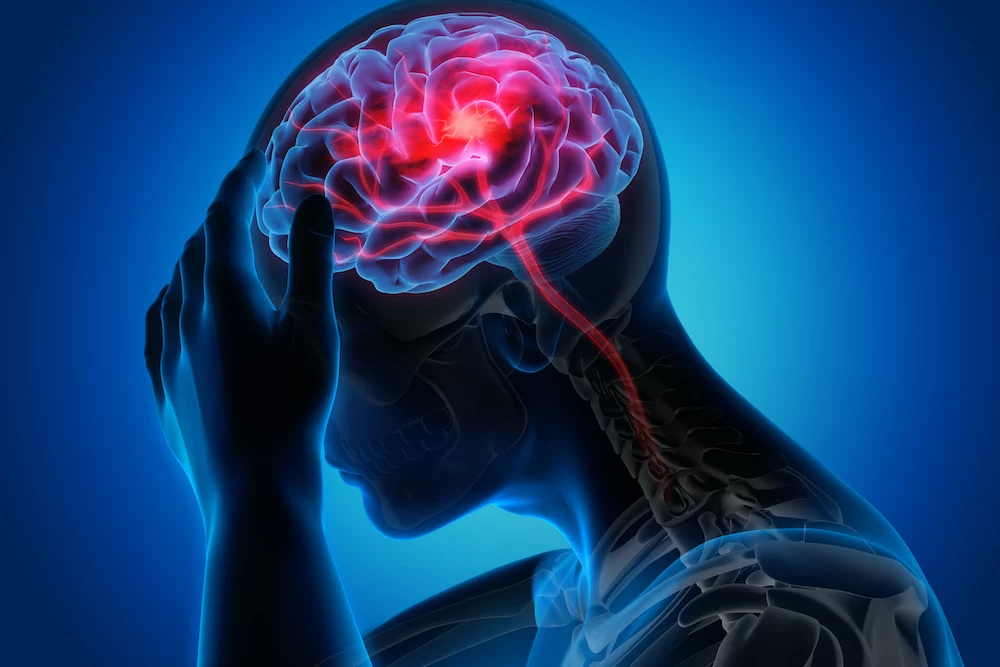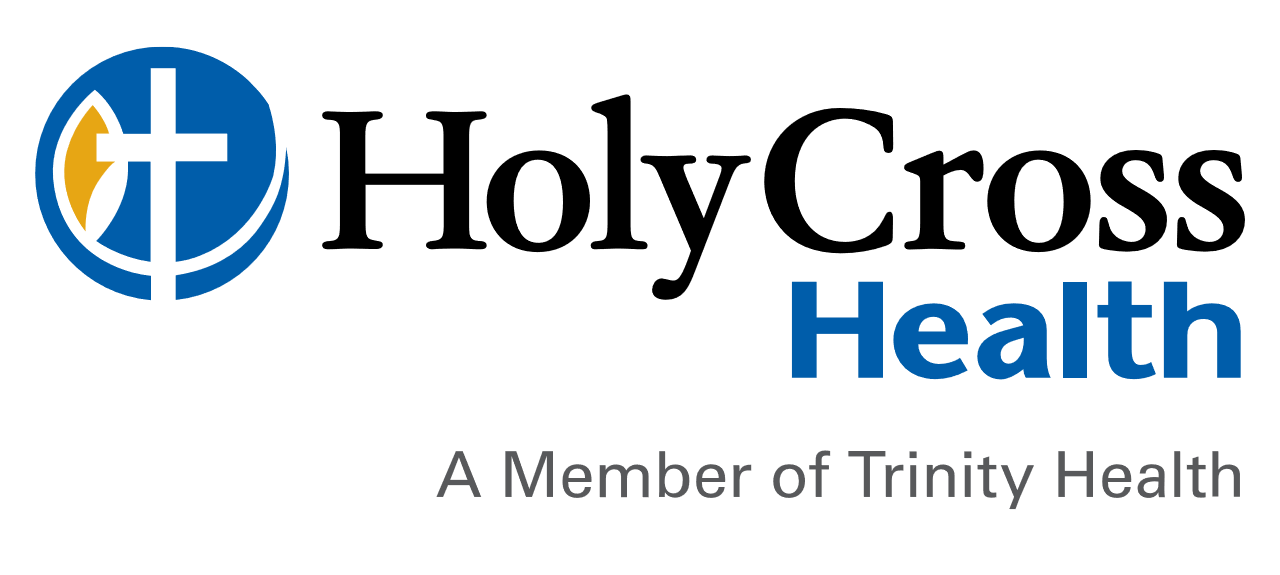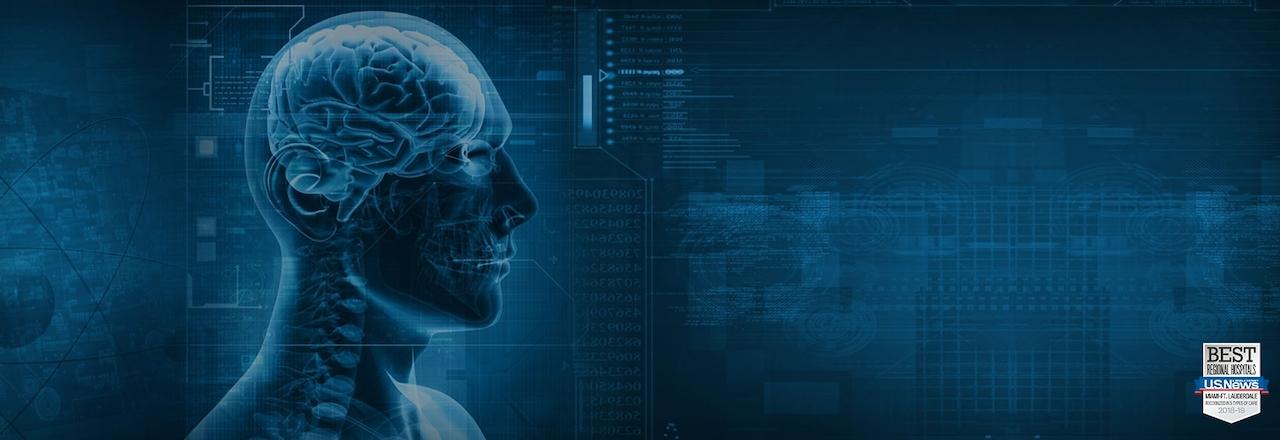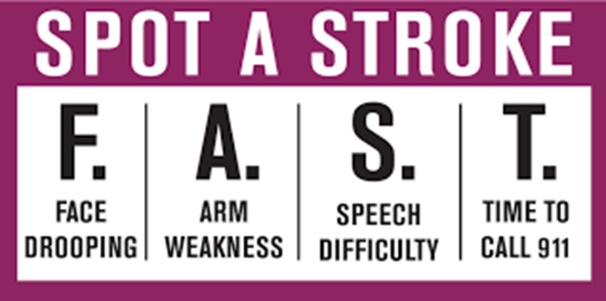Stroke Signs, Symptoms, Risk Factors
What is a Stroke?
A stroke or "brain attack" occurs when a blood clot blocks an artery (a blood vessel that carries blood from the heart to the body) or a blood vessel (a tube through which the blood moves through the body) breaks, interrupting blood flow to an area of the brain. When either of these things happens, brain cells begin to die and brain damage occurs.
When brain cells die during a stroke, abilities controlled by that area of the brain are lost. These abilities include speech, movement and memory. How a stroke patient is affected depends on where the stroke occurs in the brain and how much the brain is damaged. For example, someone who has a small stroke may experience only minor problems such as weakness of an arm or leg. People who have larger strokes may be paralyzed on one side or lose their ability to speak. Some people recover completely from strokes, but more than 2/3 of survivors will have some type of disability.
Stroke Signs and Symptoms
CALL 911 IMMEDIATELY if you have any of these symptoms
- Face: Does one side of the face droop when the patient smiles or talks?
- Arms: Is one arm weaker than the other?
- Speech: Is speech slurred or garbled?
- Sudden Confusion
- Sudden Severe Headache
- Sudden Trouble Walking
- Sudden Vision Changes
If the answer to any of these is “yes,” please call 9-1-1 immediately.
Note the time you experienced your first symptom. This is important information to your emergency doctor and stroke team and can affect treatment decisions.
Paramedics begin treating a stroke before a patient even reaches the Emergency Room. Because 2 million brain cells die every minute during a stroke, the faster treatment begins the better the chances are of having a full recovery.
Learn the Causes of Stroke

About 800,000 strokes happen every year. Did you know stroke is the leading cause of disability in the United States? But strokes do not have to happen - they can be prevented.
Causes of stroke, include:
- High Blood Pressure (also called hypertension)
- Diabetes
- High Cholesterol (also called Hyperlipidemia)
- Atrial Fibrillation (AFib)
- Smoking
- Obesity – Sedentary Lifestyle
- Recreational Drug Use
- Carotid Artery Disease
Visit our Stroke Clinic to learn more about stroke prevention.


